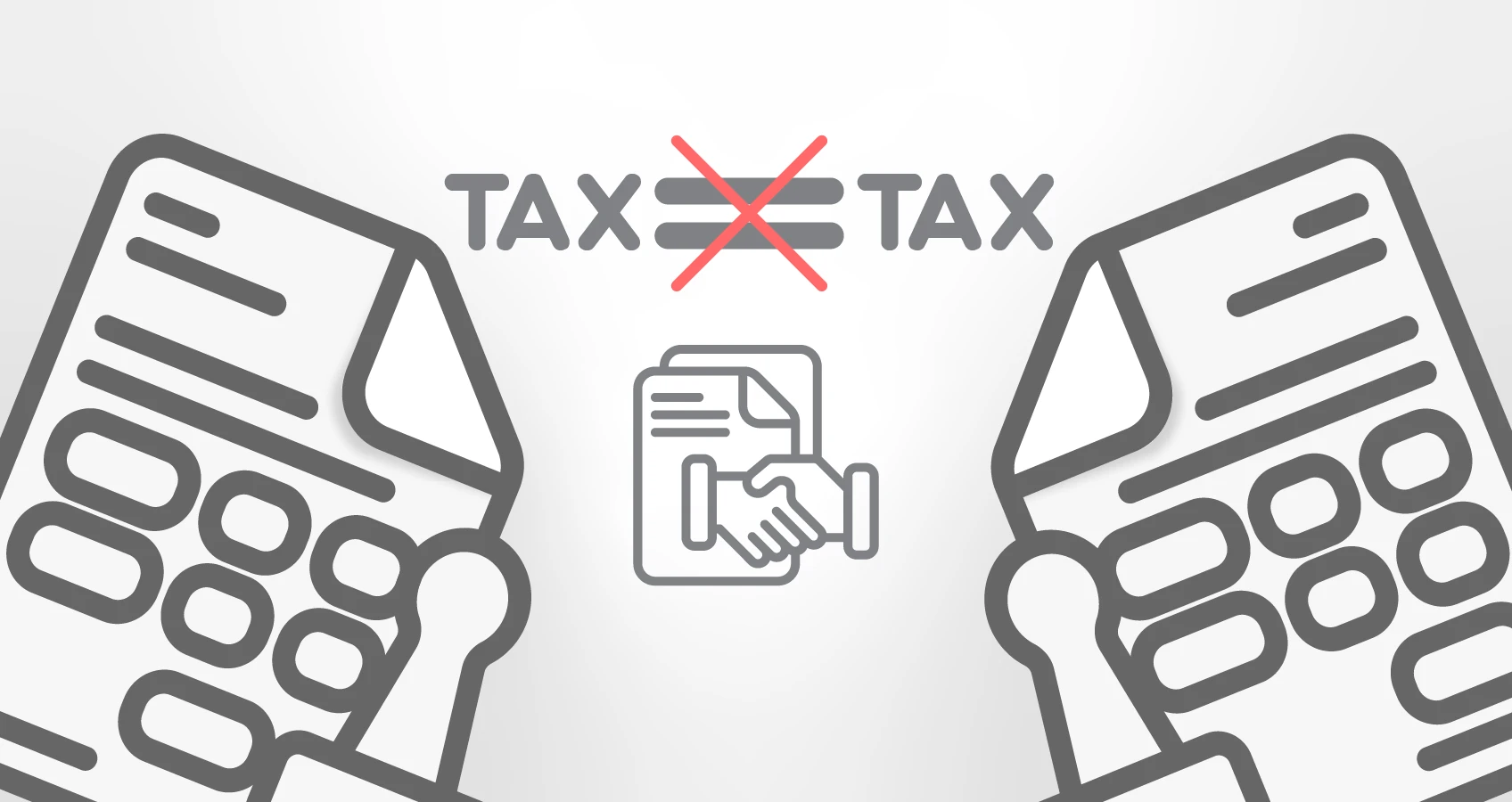Mutual Agreement Procedure for the Elimination of Double Taxation Agreements

The provisions of the "Mutual Agreement Procedure" in Double Taxation Agreements allow taxpayers to appeal to competent authorities if they believe they have been taxed contrary to the terms of the existing agreement or if there are strong indications that they will be taxed in such a manner.
In this context, the "Mutual Agreement Procedure for the Elimination of Double Taxation Agreements" has been updated and is now available in English.
The general framework outlined in the guide includes the following provisions:
If residents of one of the contracting states of the DTT believe that transactions conducted in one or both of the contracting states do not comply, or will not comply, with the provisions of this DTT, they:
- Have the right to appeal to the competent authorities of the other contracting state(s) where they reside, or as specified by the relevant DTT provisions, regardless of the domestic authorities available in those contracting states.
- If subjected to less favorable taxation in the other contracting state because of their nationality, have the right to approach the competent authorities of the state of which they are citizens.
Who Can Apply?
The taxpayer eligible to apply, must be a resident of one of the states that are party to the DTT.
Where Can the Application Be Made?
If the relevant article of the DTT specifies that applications should be made to the contracting state of residence, then the application must be submitted to the competent authority of that state.
The applications can be done to the below address in Türkiye?
Gelir İdaresi Başkanlığı Avrupa Birliği ve Dış İlişkiler Daire Başkanlığı Çifte Vergilendirmeyi Önleme Anlaşmaları Müdürlüğü Devlet Mahallesi Merasim Caddesi No:9/1 06450 Çankaya/ANKARA
What Issues Can Be Filed?
Residents of one of the party states can file an application concerning issues that arise when they believe that actions taken against them in one or both of the party states do not comply, or will not comply, with the provisions of the DTT.
For all the details regarding the application process, you can access the guide prepared by the Revenue Administration on the subject from the link.
Should you have any queries or need further details, please contact your customer representative.
-
-
Notification!




